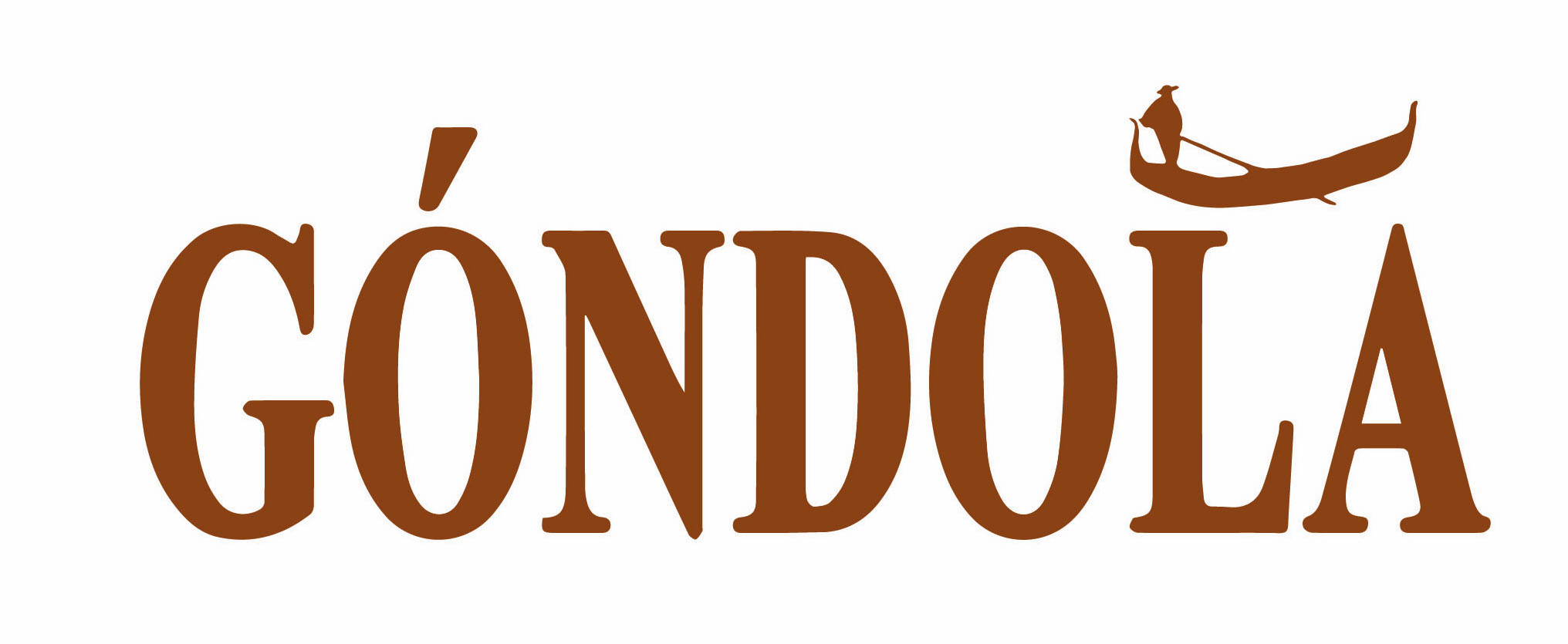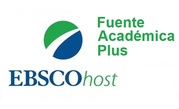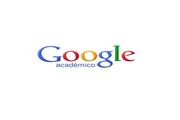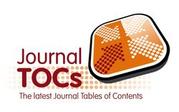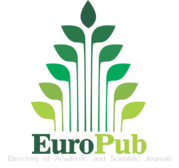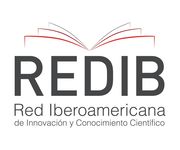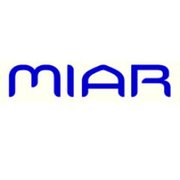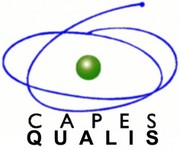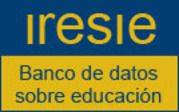DOI:
https://doi.org/10.14483/23464712.5211Published:
2010-07-01El crecimiento poblacional: una propuesta pedagógica para abordar biología, matemáticas y TICs
POPULATION GROWTH: A PEDAGOGICAL PROPOSAL TO ADDRESS BIOLOGY, MATHEMATICS AND ICTs
Keywords:
Population growth, interdisciplinary project, high school (en).Keywords:
Crecimiento poblacional, proyecto interdisciplinar, enseñanza a nivel de media vocacional (es).Downloads
Abstract (es)
En este trabajo nos proponemos realizar una actividad interdisciplinar, involucrando Biología y Matemáticas, con estudiantes de media vocacional a partir del tema crecimiento poblacional. El objetivo de la actividad es proporcionar a los estudiantes una visión más amplia sobre las formas de crecimiento poblacional de los diferentes organismos de su región, ayudándolos a que los representen por medio de modelos matemáticos. La formulación del problema se hace a partir de datos empíricos y teóricos, en donde el alumno tiene el desafío de presentar una postura participativa y dialógica en todas las etapas del proceso. La modelización matemática y construcción gráfica de las curvas de crecimiento poblacional se hace con ayuda del software de matemáticas Geogebra, dando énfasis al análisis cualitativo de tales datos a partir de los conceptos biológicos y de los principios de la educación ambiental.
Abstract (en)
In this paper we propose the achievement of an interdisciplinary activity evolving biology and mathematics knowledge with students of the third grade of high school about the population growth theme. The goal of this activity is to offer to the students a wider perception about the ways of population growth of different organisms from their home region, helping them to represent it through mathematics models. The formulation of the research problem is done from the theoretical and empirical data and the student is encouraged to behave in a participative and dialogic way in all stages of the activity. The mathematical modeling and the graphic representation of the population growth are made through the mathematical software Geogebra and we emphasize the qualitative analysis of the data from the biological and environmental education point of view.
References
AMABIS, J. M.; MARTHO, G. R. Biologia. v. 3. 2. ed. São Paulo: Moderna, 2004.
BRANDO, F.; CAVASSAN, O e CALDEIRA A. Ensino de Ecologia: Dificuldades conceituais e metodológicas em alunos de iniciação científica . In: CALDEIRA, A. (Org.). Ensino de ciências e matemática, II: temas sobre a formação de conceitos. São Paulo: Cultura Acadêmica, 2009. p. 269- 287. Disponível em: <http://www.culturaacademica.com.br/titulo_view.asp?ID=29>. Acesso 1 de março de 2008.
HOHENWARTER, J.; HOHENWARTER, M. The GeoGebra book. 2008. Disponível em: <http://www.geogebra.org/book/intro-en.pdf>. Acesso em: 21 ago. 2010.
LOPES, S. Bio. v. 3. 1. ed. São Paulo: Saraiva, 1997.
MEIER, M.; SEIDEL, S.; BASSO, M. V. A. Imagine e Shapari – software gráficos no ensino e aprendizagem de matemática. Novas tecnologias na educação, Porto Alegre, v. 3, n. 1, mai. 2005. Disponível em: <http://www.cinted.ufrgs.br/renote/maio2005/artigos/a44_imagineshapari.pdf>. Acesso em: 31 ago. 2010.
PAULINO, W. R. Biologia atual. v. 3. 9. ed. São Paulo: Ática, 1997.
KENSKI, V. M. O redimensionamento do espaço e do tempo e os impactos no trabalho docente. Revista Brasileira de Educação, Rio de Janeiro, n. 8, p. 58-71, mai/ago. 1998.
MORAN, J. M. Ensino e aprendizagem inovadores com tecnologias. Informática na educação: teoria & prática, Porto Alegre, v. 3, n. 1, p. 137-144, set. 2000.
POSTMAN, Neil. Tecnopólio: a rendição da cultura à tecnologia. São Paulo: Nobel, 1994.
ROCHA, E. M. Tecnologias digitais e ensino de matemática: compreender para realizar. 2008. 200 f. Tese (Doutorado em Educação) – Faculdade de Educação, Universidade do Ceará, Fortaleza, 2008.
ROCHA, E. M. ; SANTIAGO, L. M. L.; LOPES, J. O.; ANDRADE, V. S.; MOREIRA, M.; SOUSA, T. Uso do GeoGebra nas aulas de Matemática: Reflexão centrada na prática. In: Simpósio Brasileiro de Informática na Educação, 19., 2008, Fortaleza. Anais... Fortaleza: SBC, 2008, p. 776-784. Disponível em: <http://www.br-ie.org/pub/index.php/sbie/article/viewFile/766/752>. Acesso em: 29 ago. 2010.
SANTANA, J. R.; BORGES NETO, H. Do Novo PC ao Velho PC: uma discussão sobre o computador no ensino de matemática. In: Encontro de Pesquisa Educacional do Norte e Nordeste, 15., 2001, São Luis. Anais... São Luis: UFMA, 2001, p. 594. Disponível em: <http://www.multimeios.ufc.br/arquivos/pc/congressos/congressos-do-novo-pc-ao-velho-pc.pdf>. Acesso em: 29 ago. 2010.
How to Cite
APA
ACM
ACS
ABNT
Chicago
Harvard
IEEE
MLA
Turabian
Vancouver
Download Citation
License
Gondola, Ens Aprend Cienc. is an open-access publication, free of charge for authors and readers. The publication, consultation or download of the contents of the magazine does not generate any cost for the authors or the readers, since the Francisco José de Caldas District University assumes the expenses related to edition, management and publication. The peer evaluators do not receive any economic retribution for their valuable contribution. The work of all the actors mentioned above is understood as a contribution to the strengthening and growth of the research community in the field of Science Education.
As of December 1, 2018 the contents of the journal are published under the terms of the Creative Commons License Attribution-Noncommercial- ShareAlike 4.0 International (CC-BY-NC-SA 4.0), under which others may distribute, remix, retouch, and create from the work in a non-commercial way, give credit and license their new creations under the same conditions.
The copyright holders are the authors and the journal Gondola, Ens Aprend Cienc. The holders retain all rights without restrictions, respecting the terms of the license in terms of consultation, downloading and distribution of the material.
When the work or any of its elements is in the public domain according to the applicable law in force, this situation will not be affected by the license.
Likewise, we encourage authors to deposit their contributions in other institutional and thematic repositories, with the certainty that culture and knowledge is a good of all and for all.



